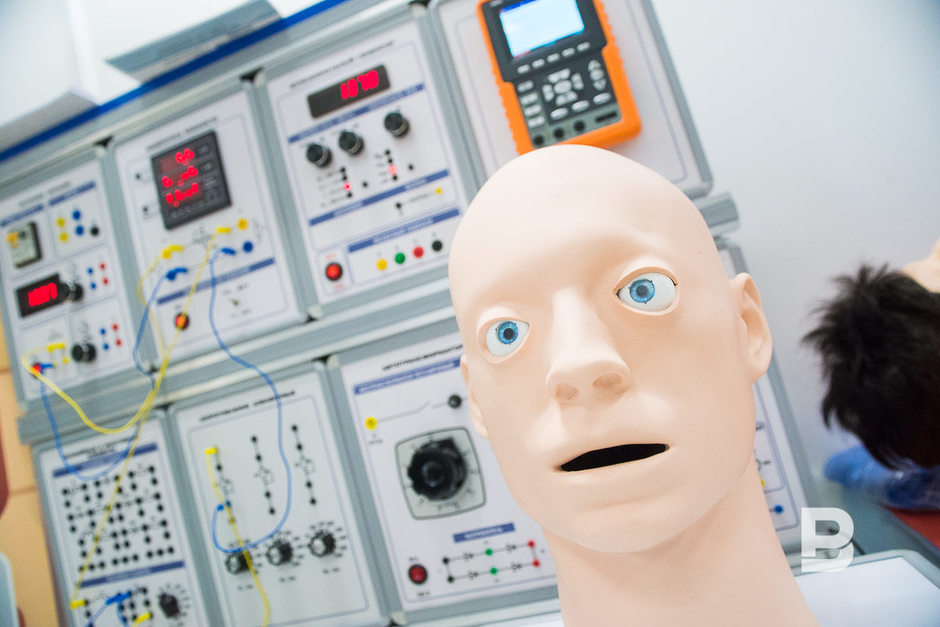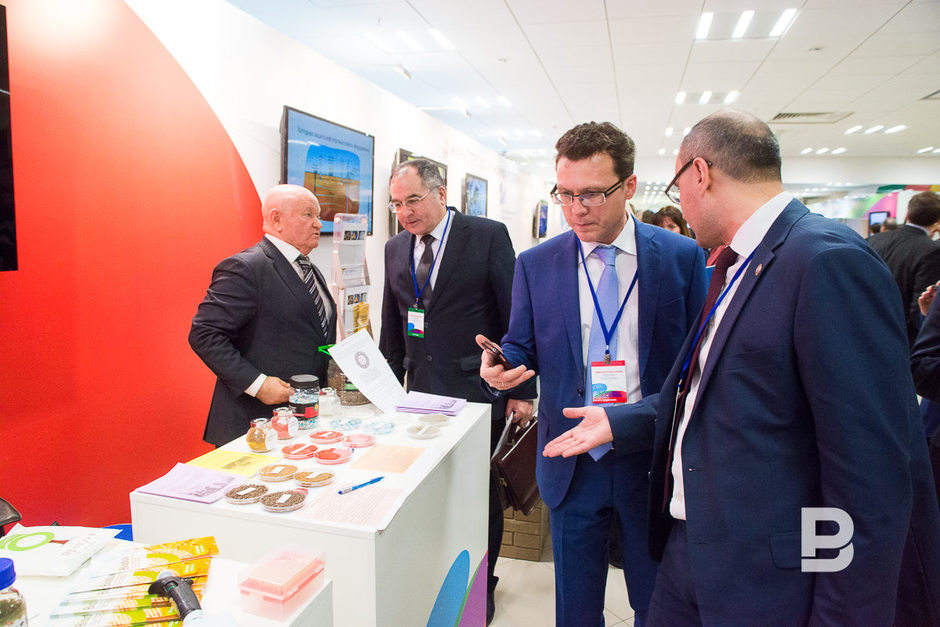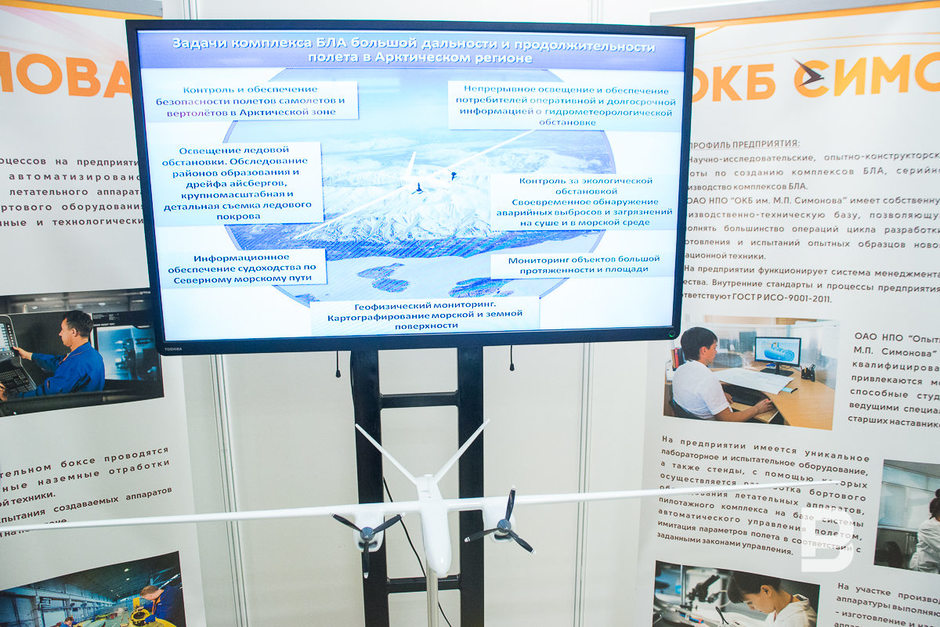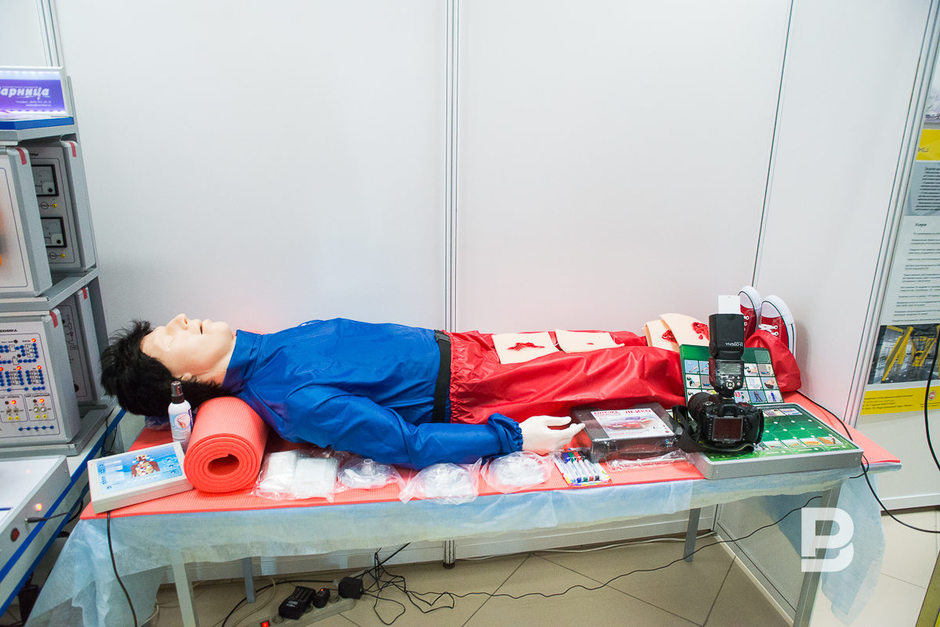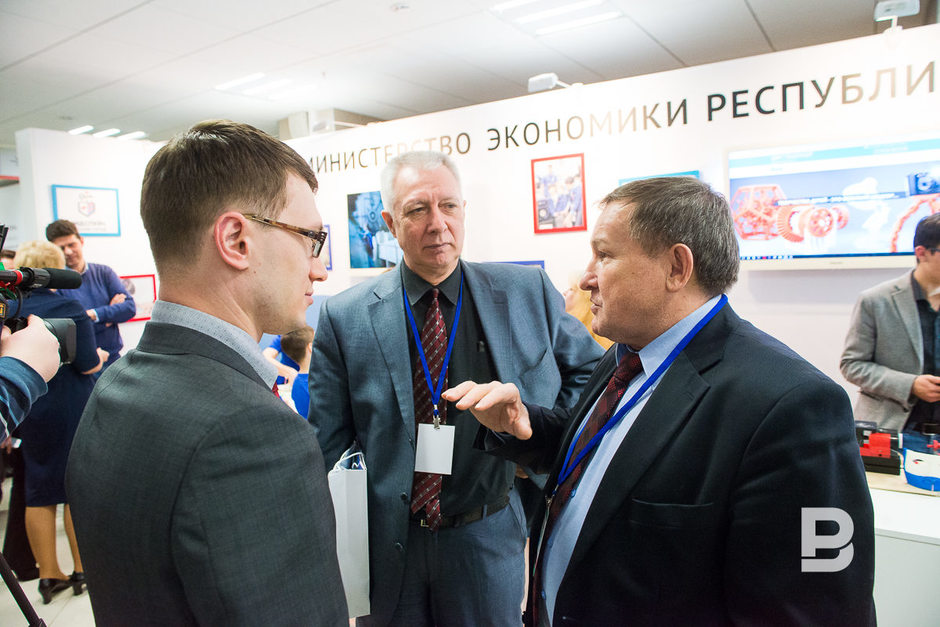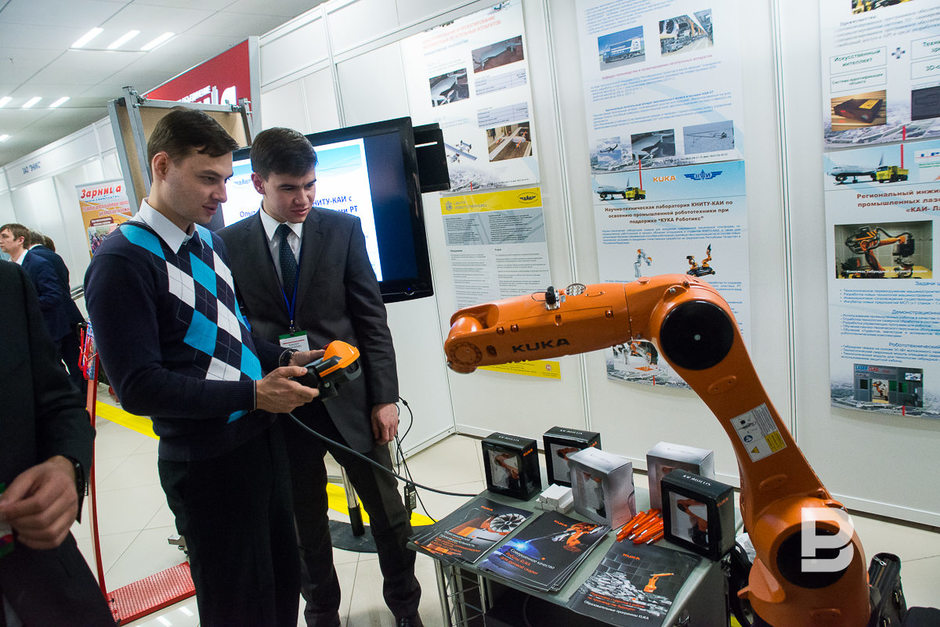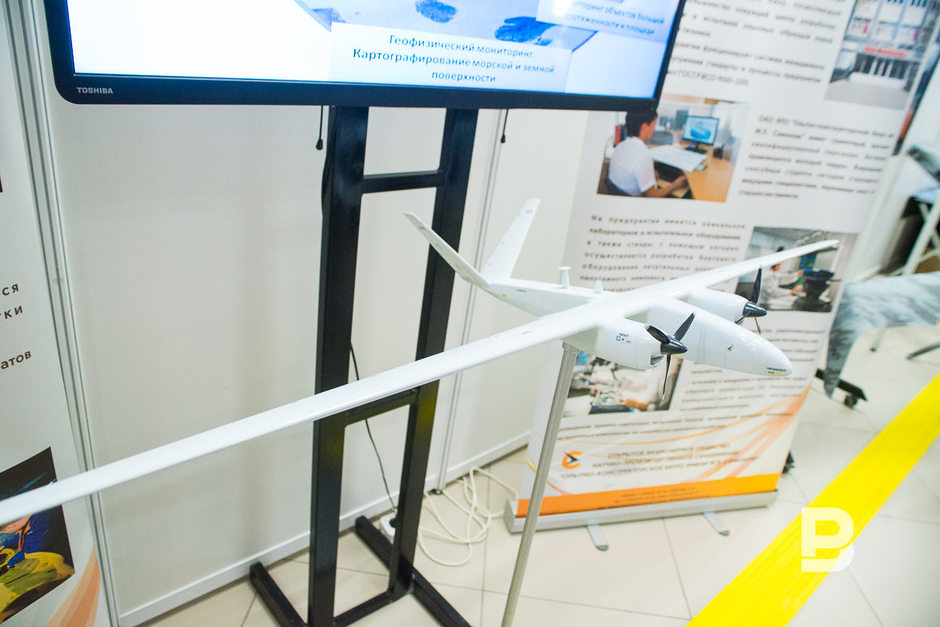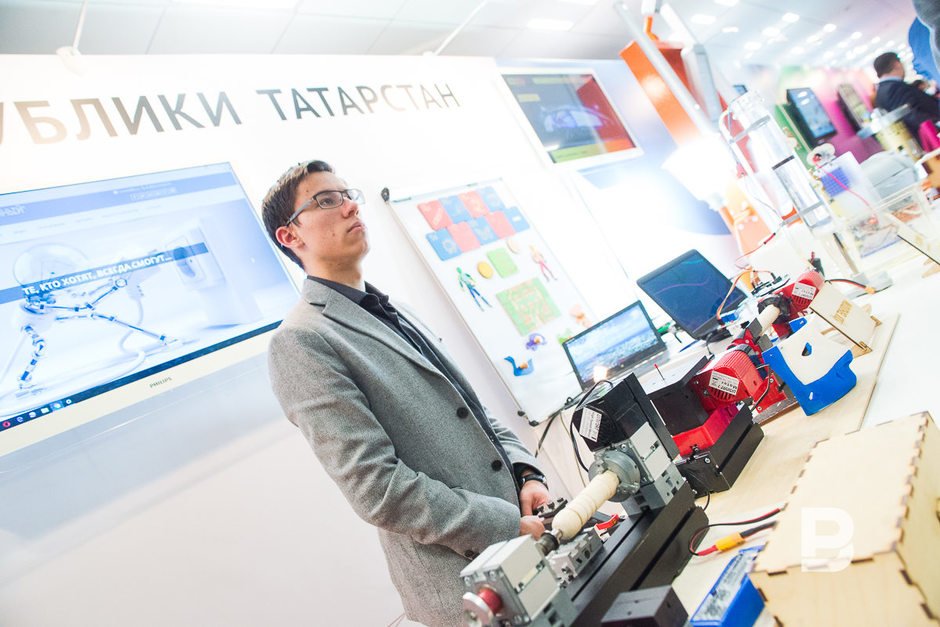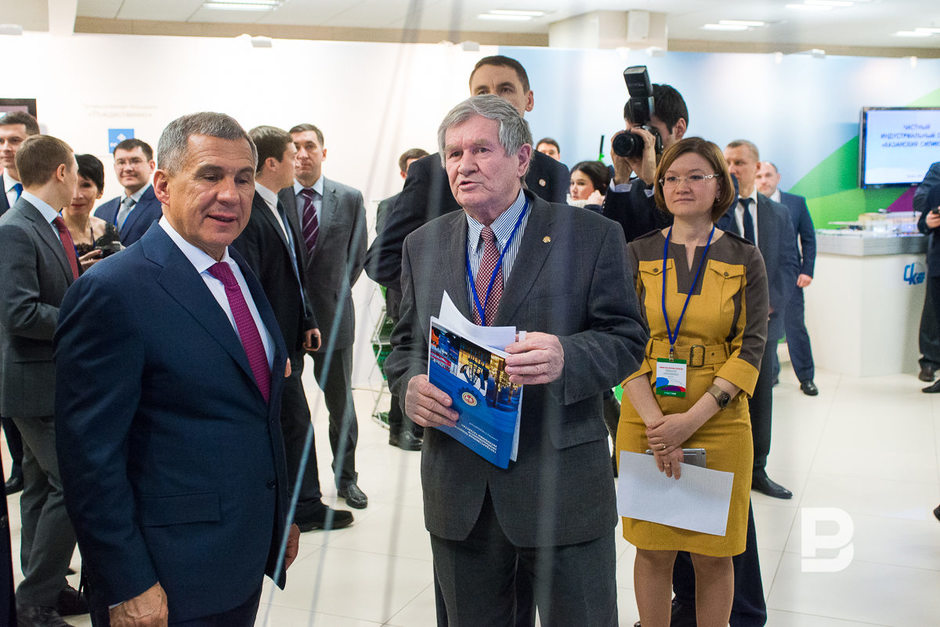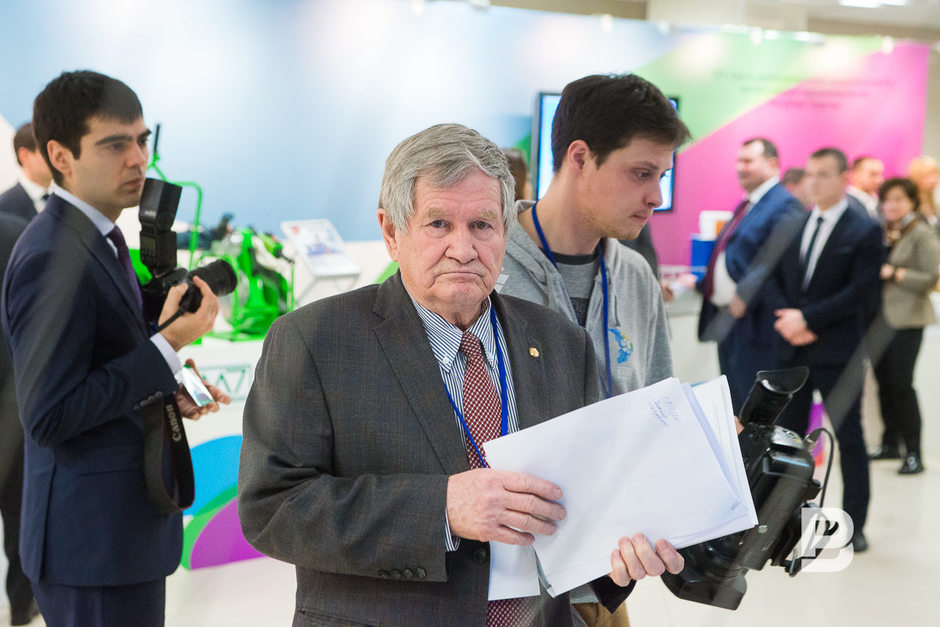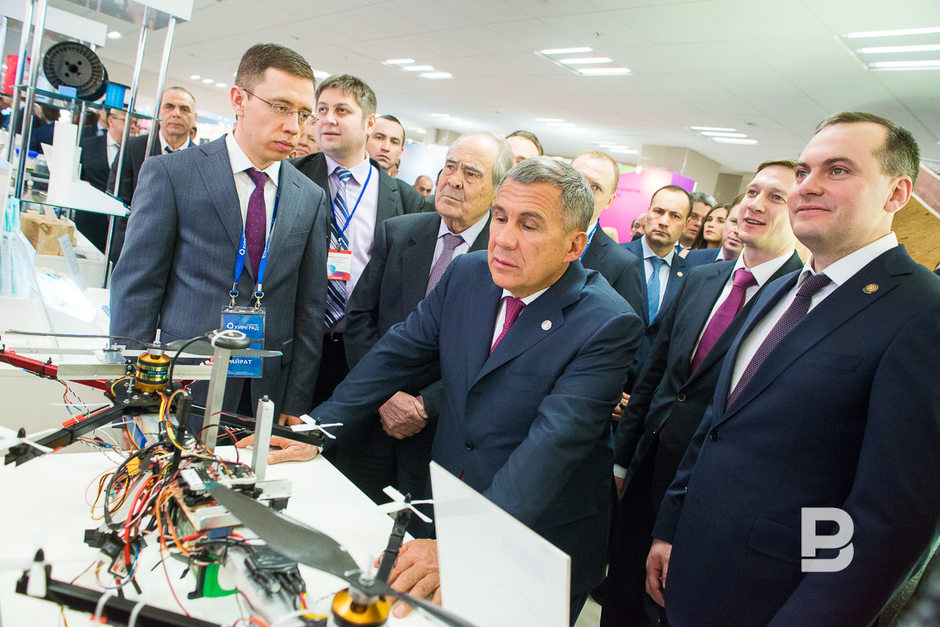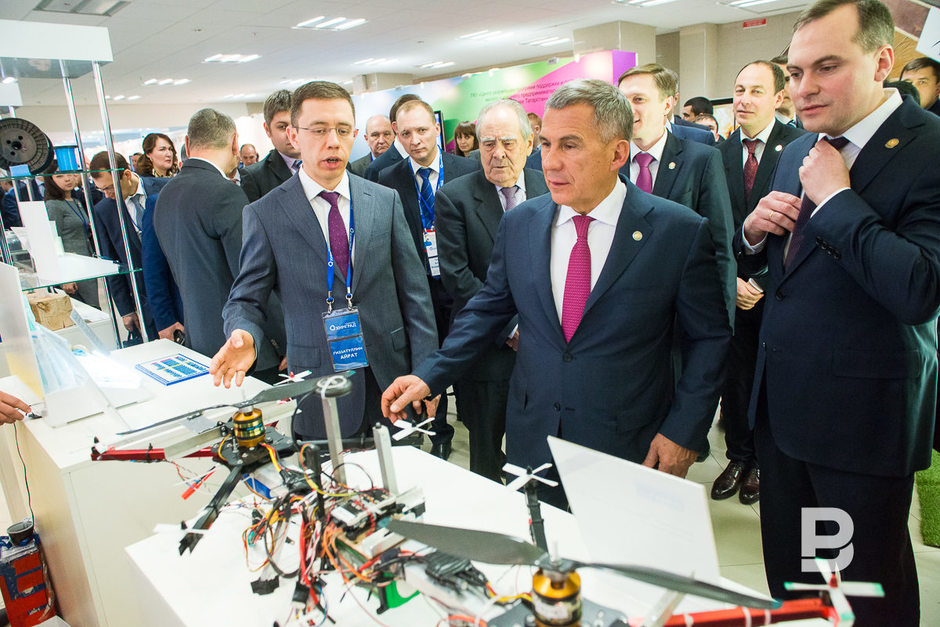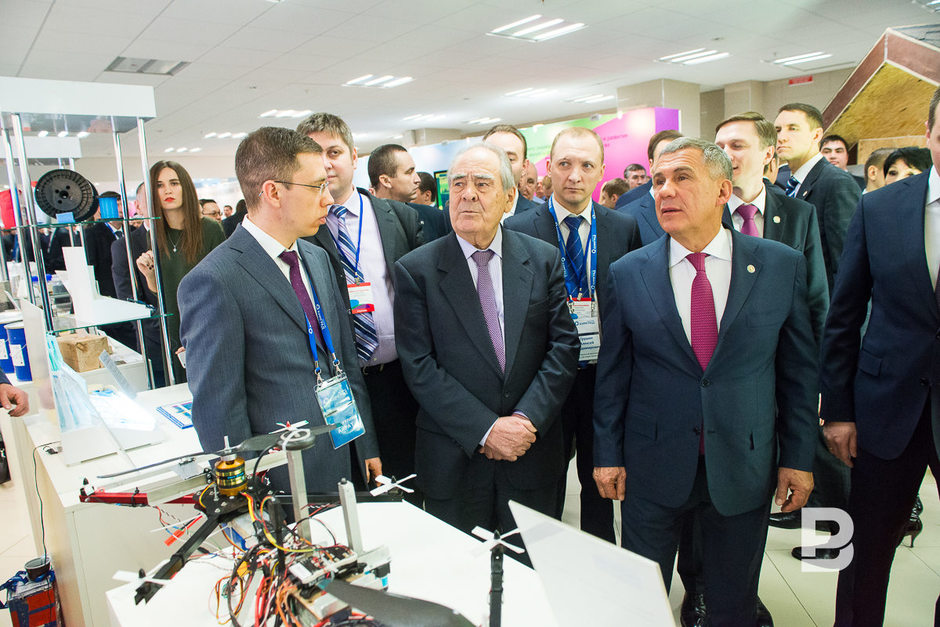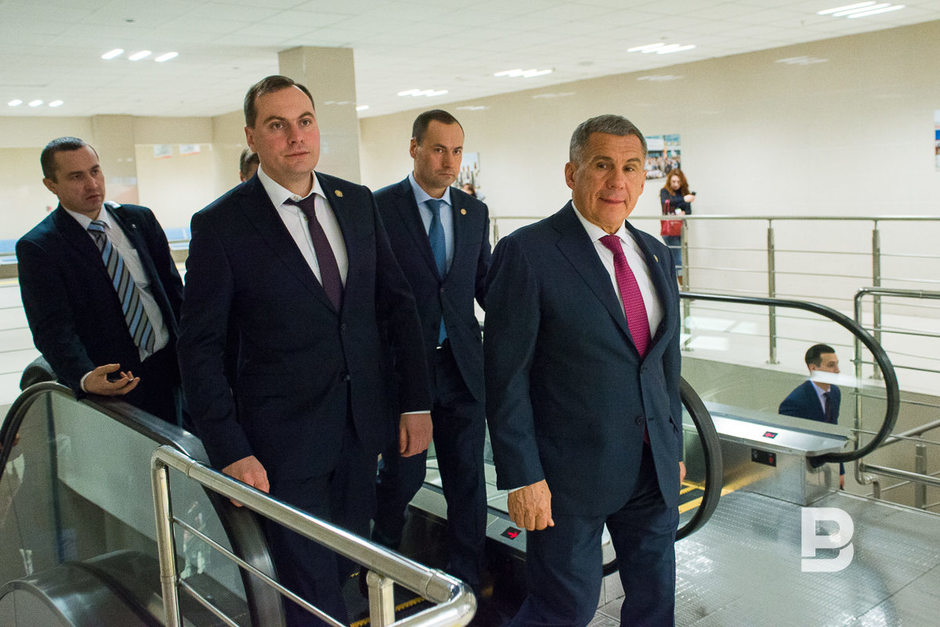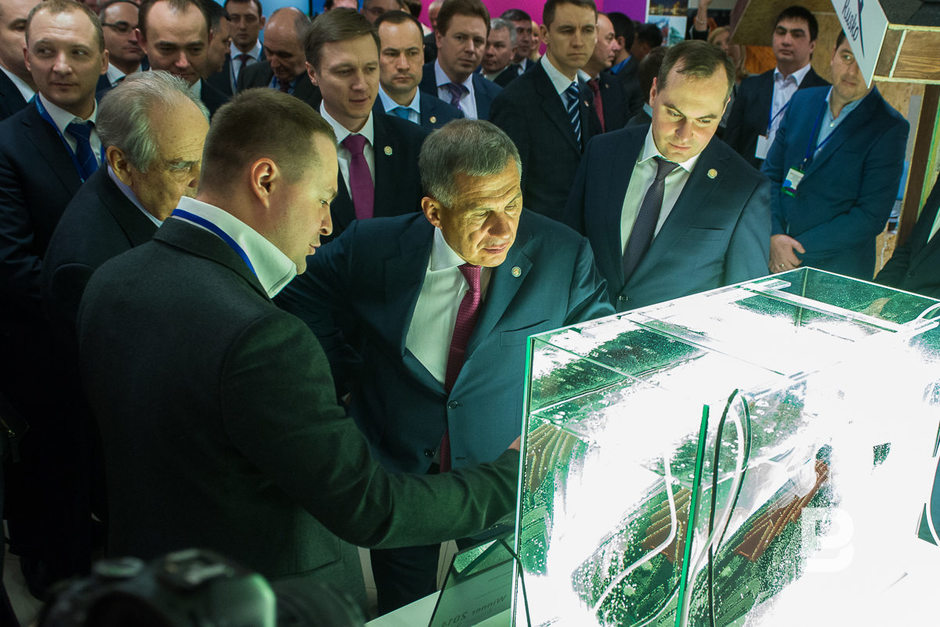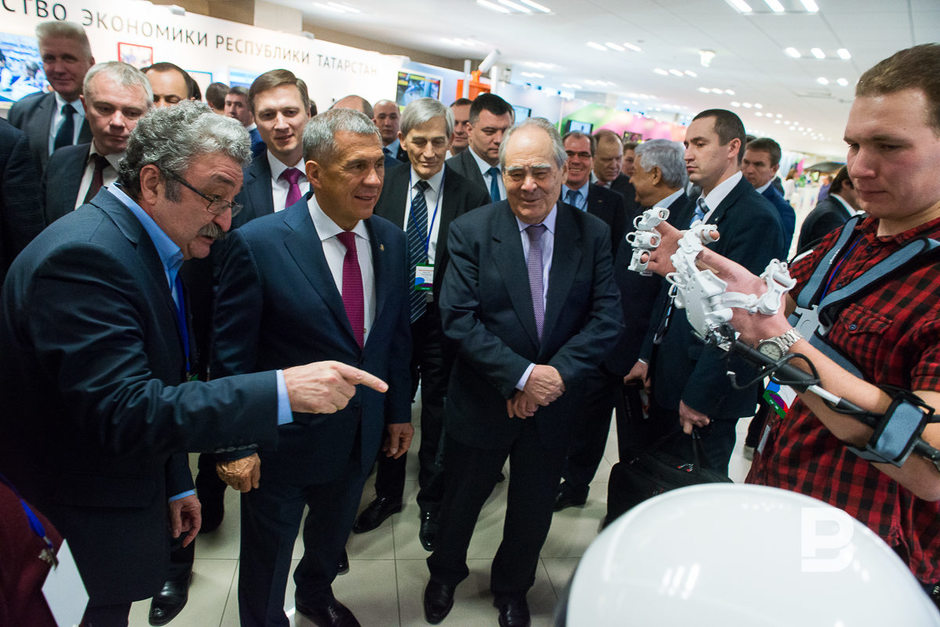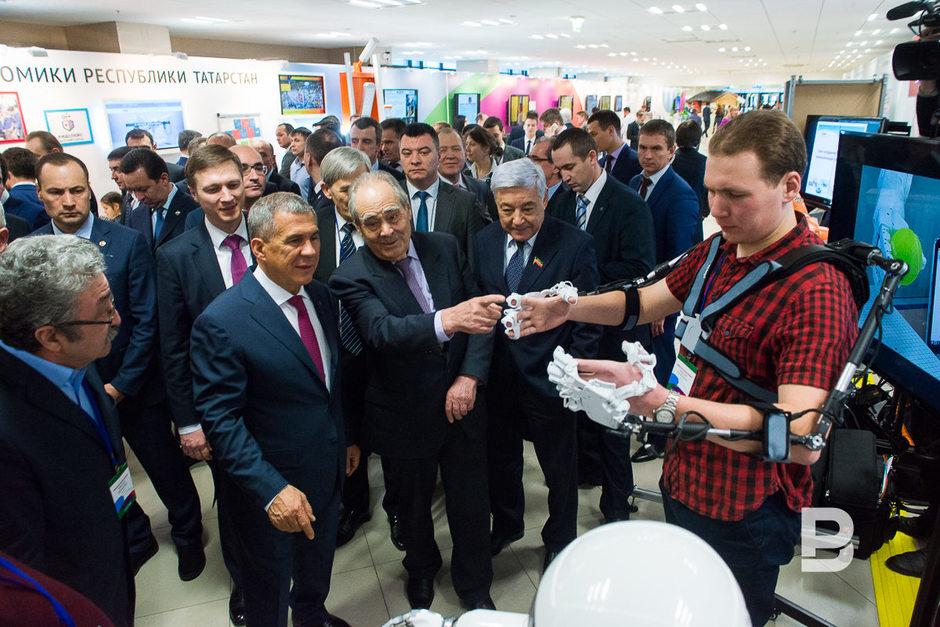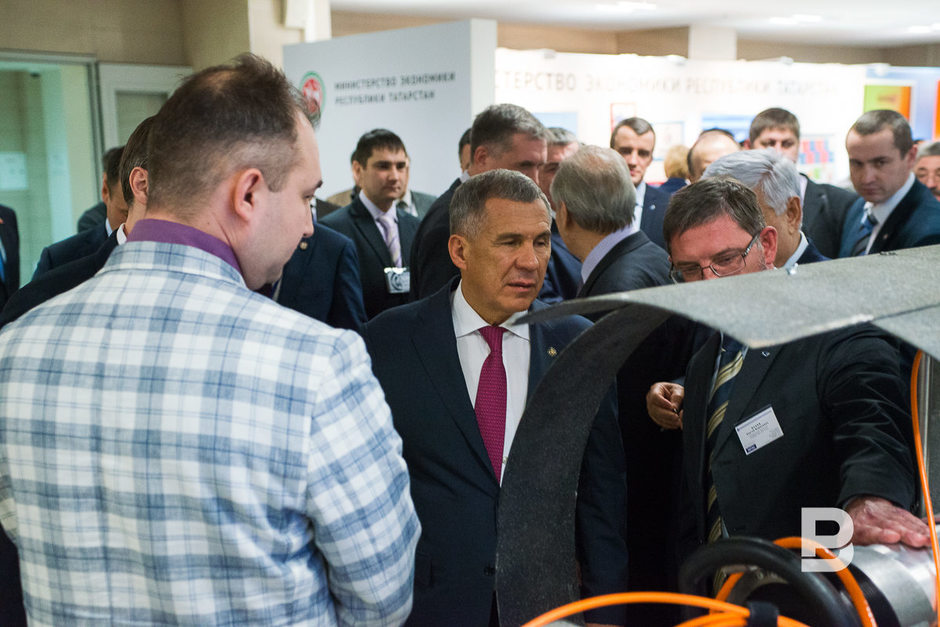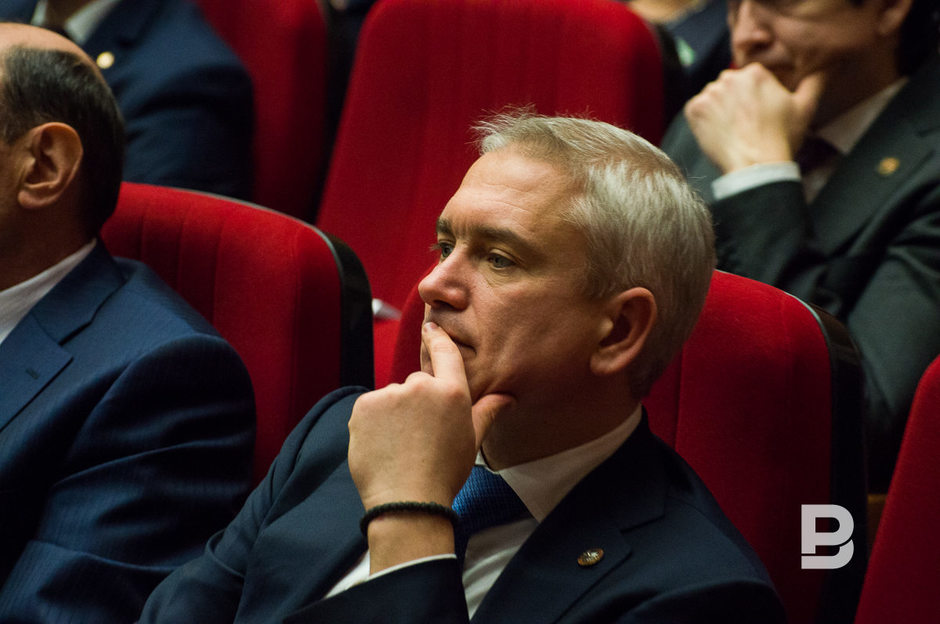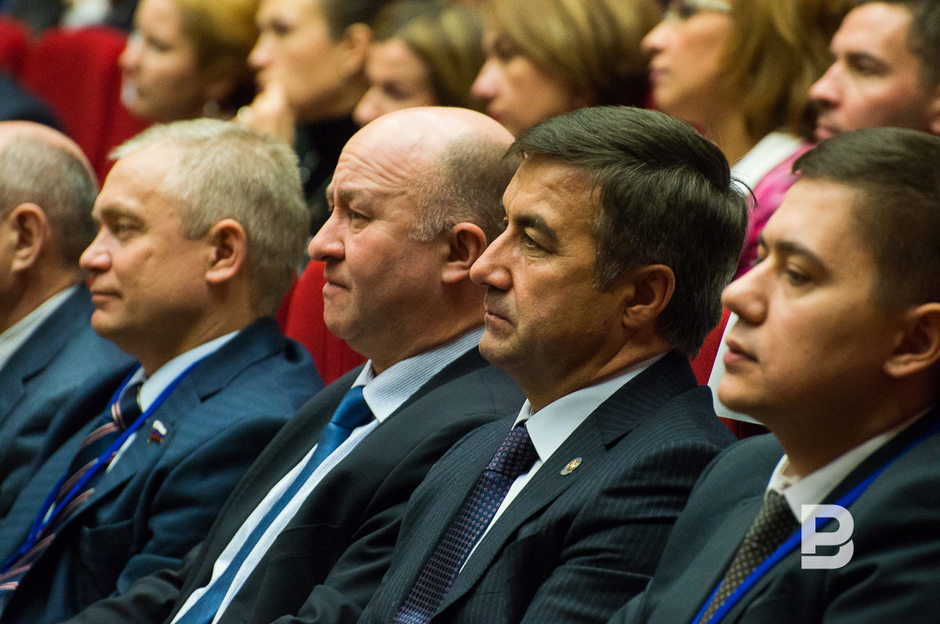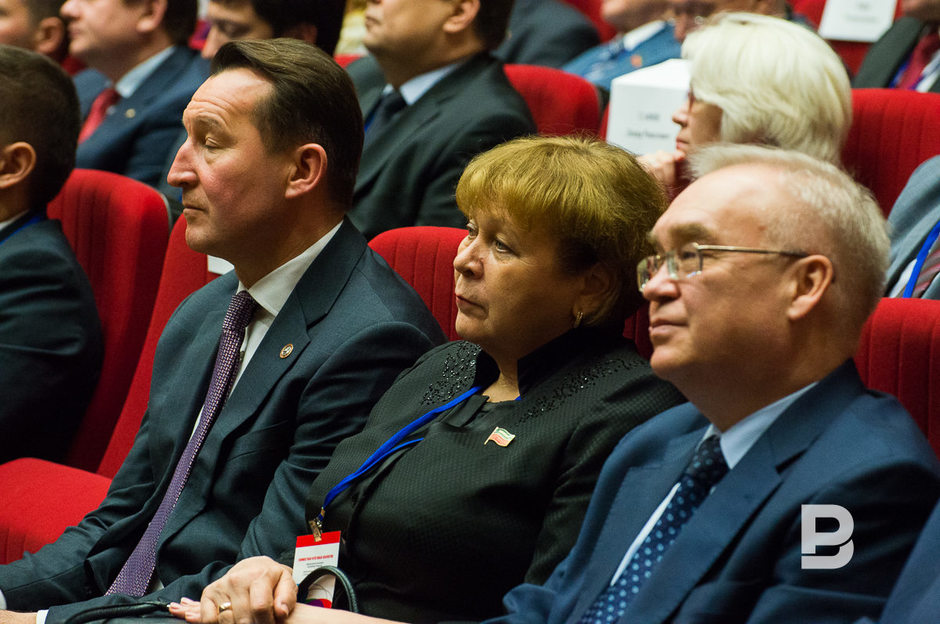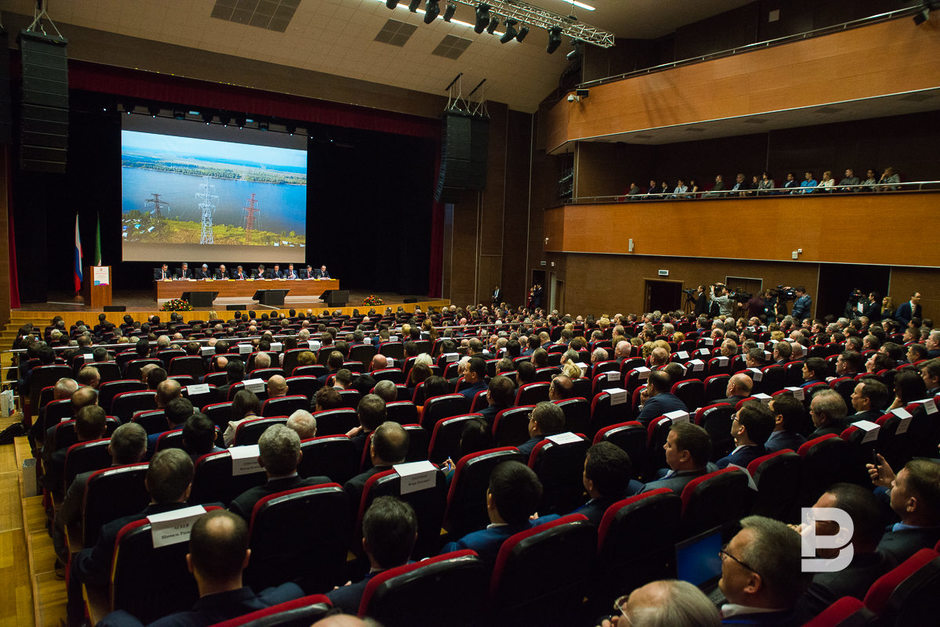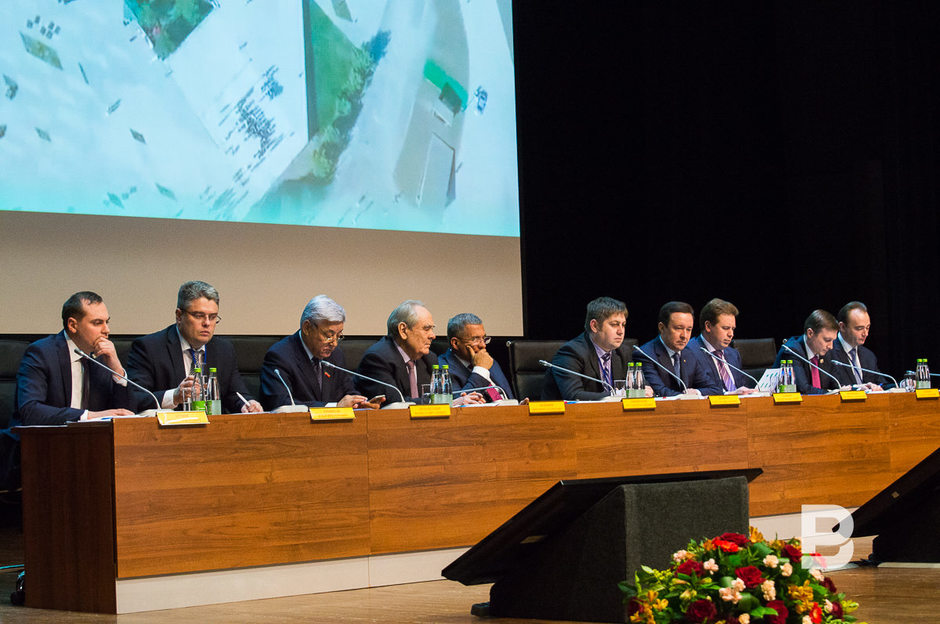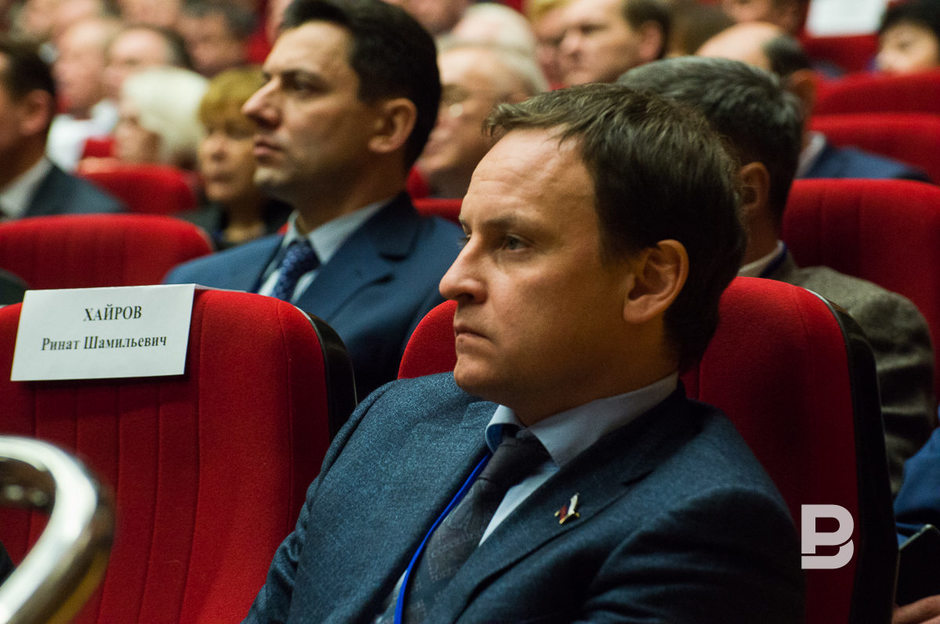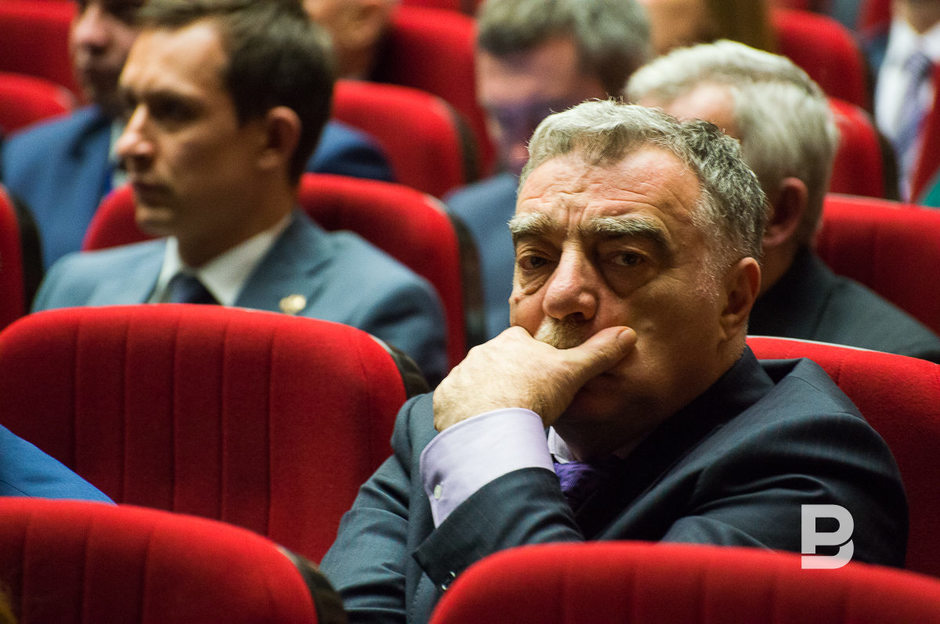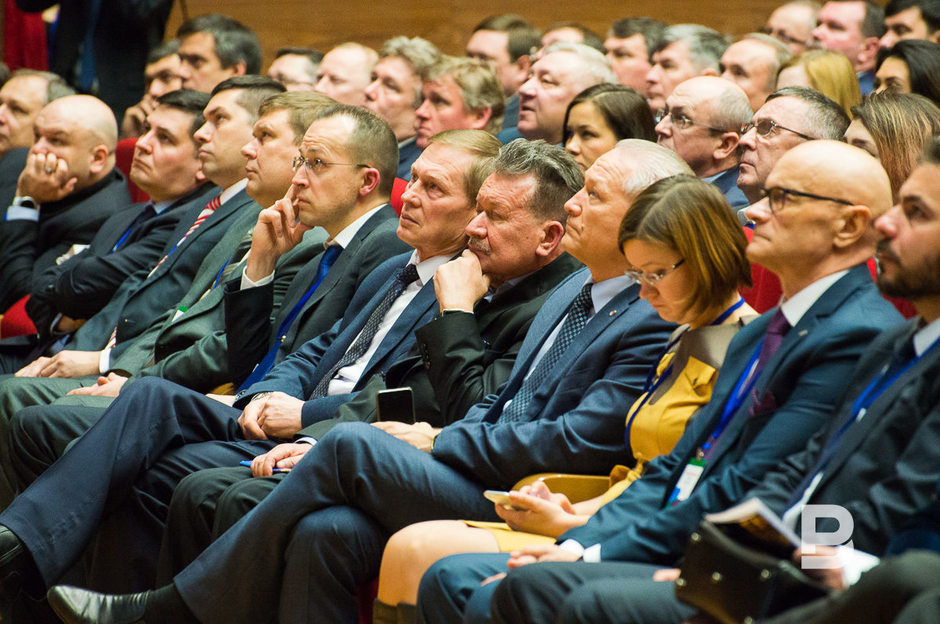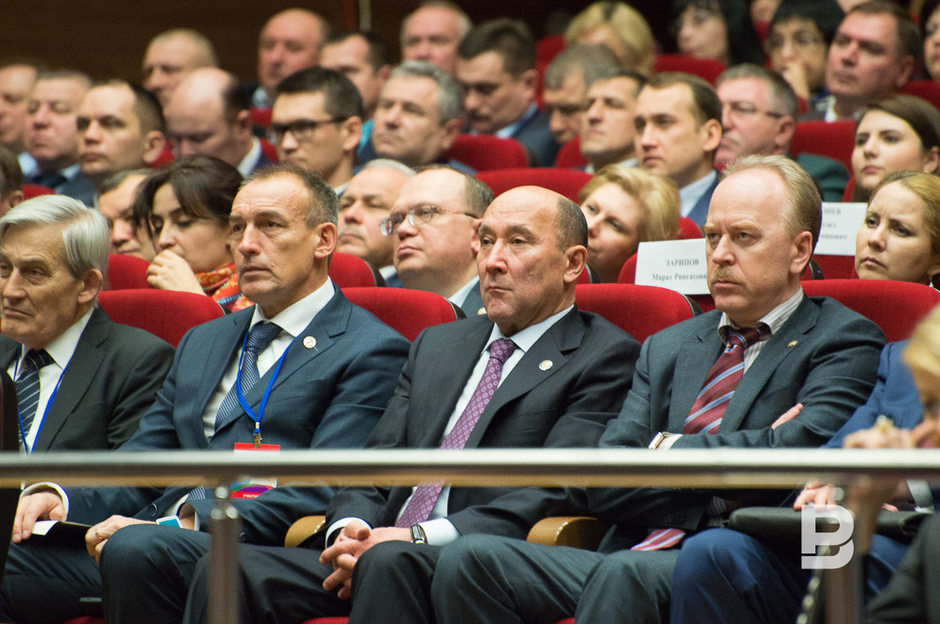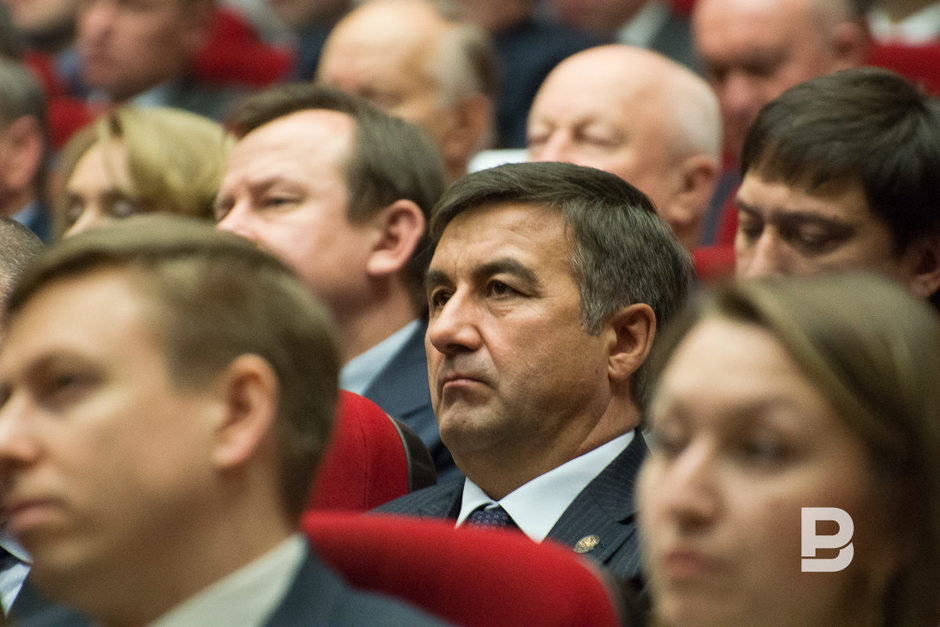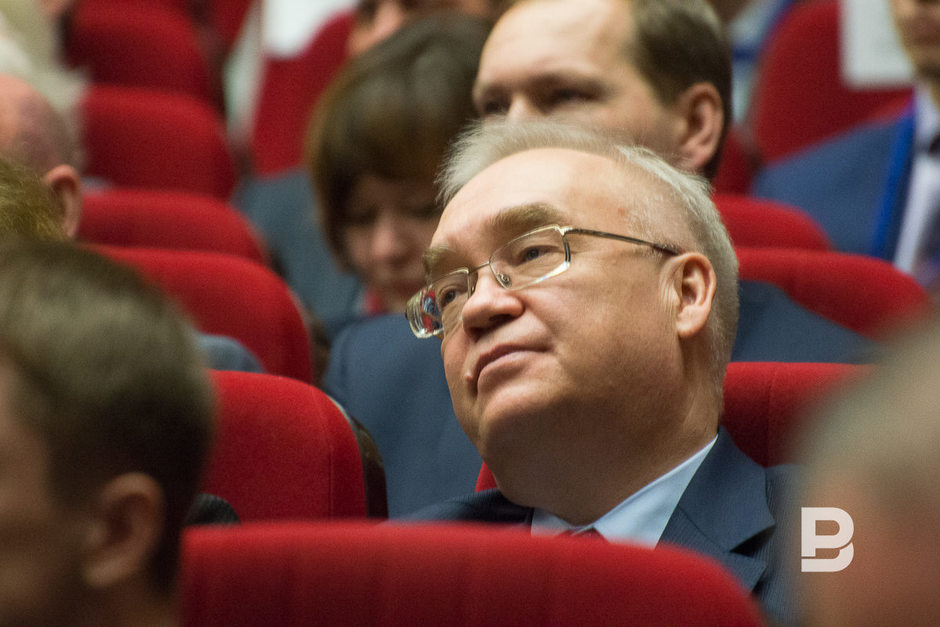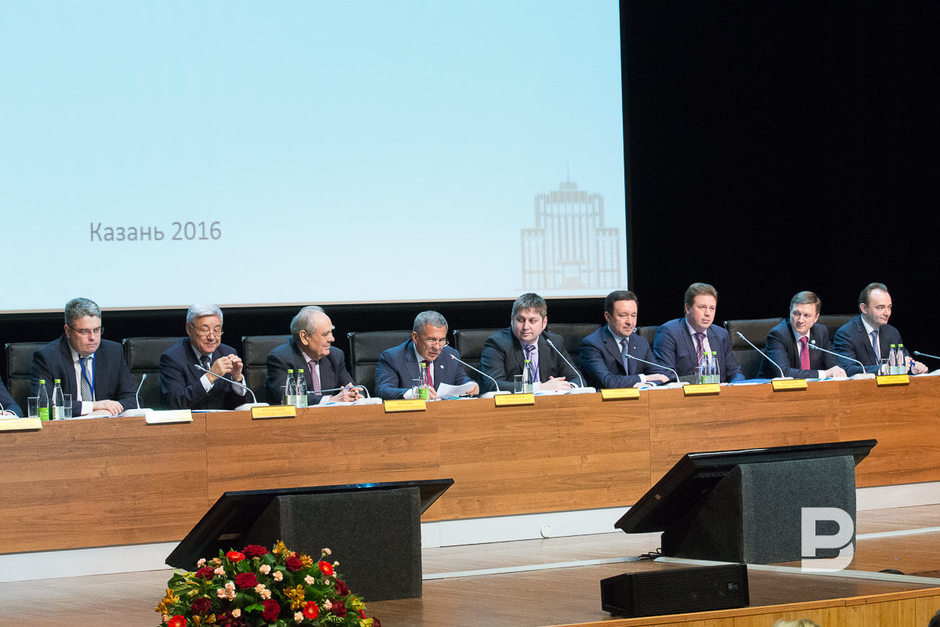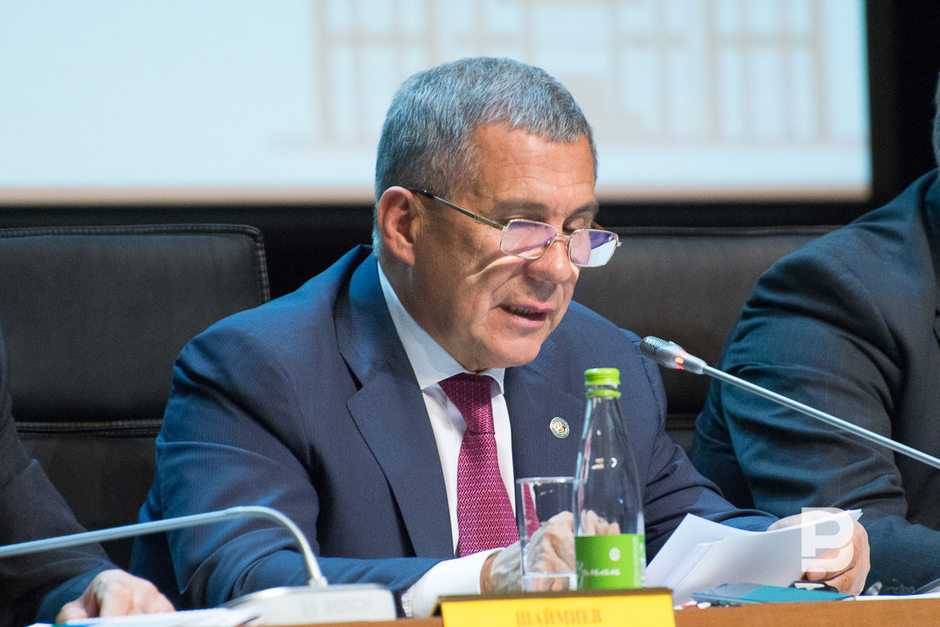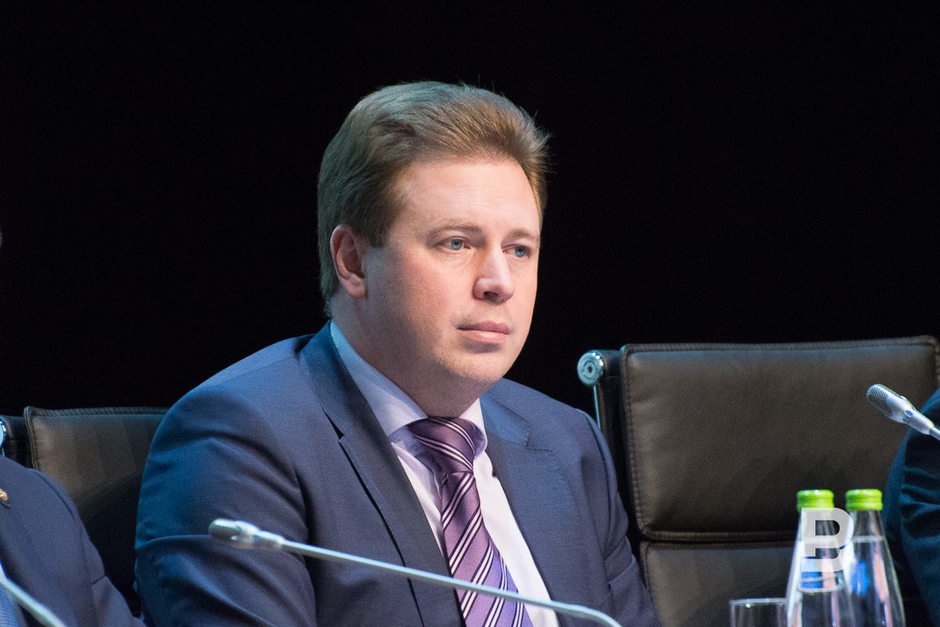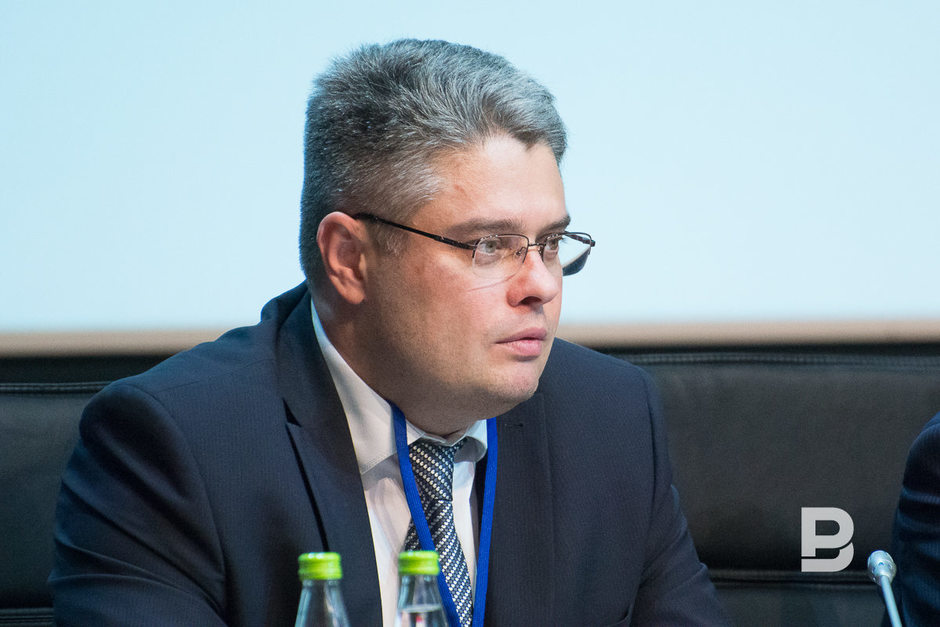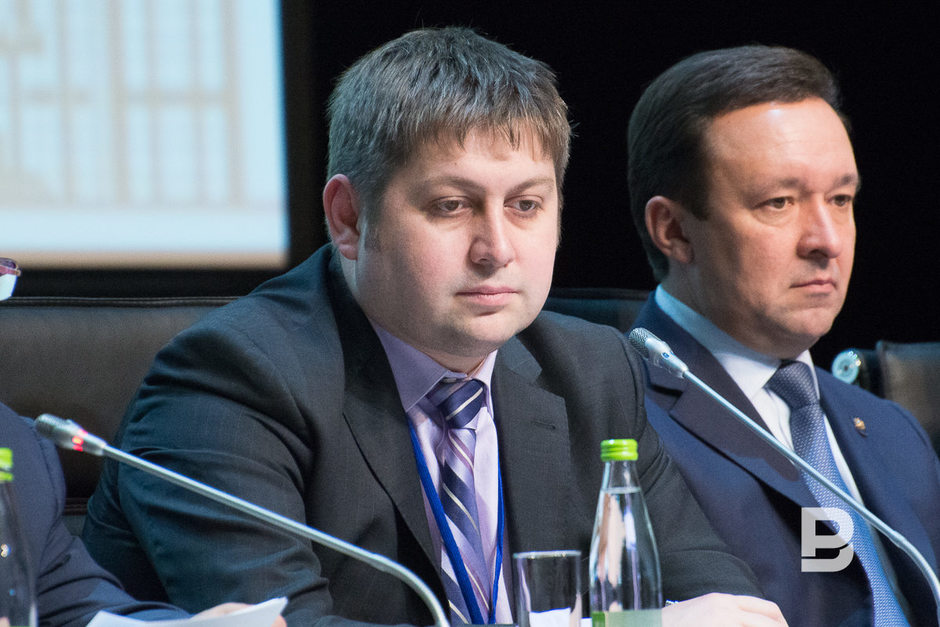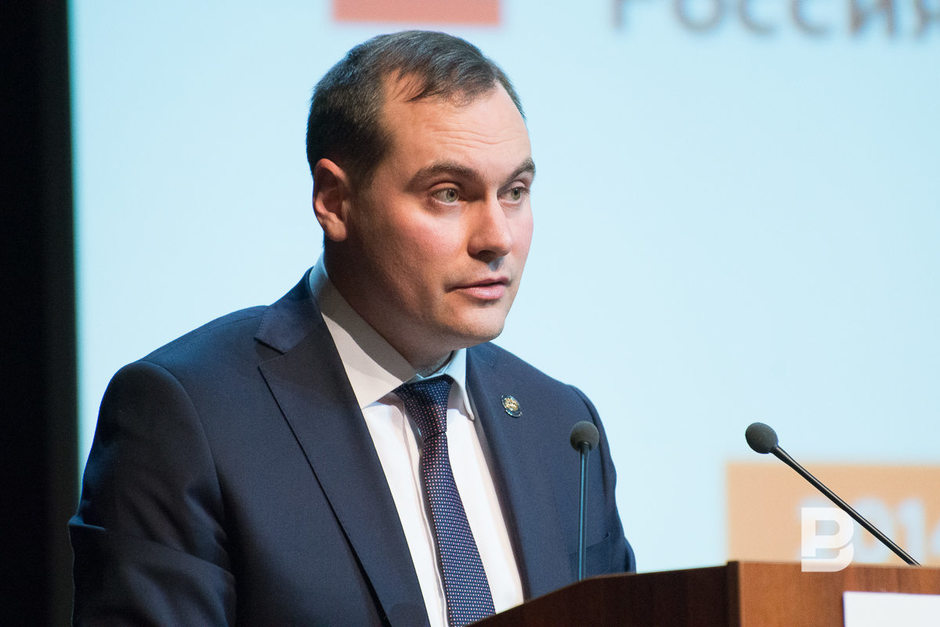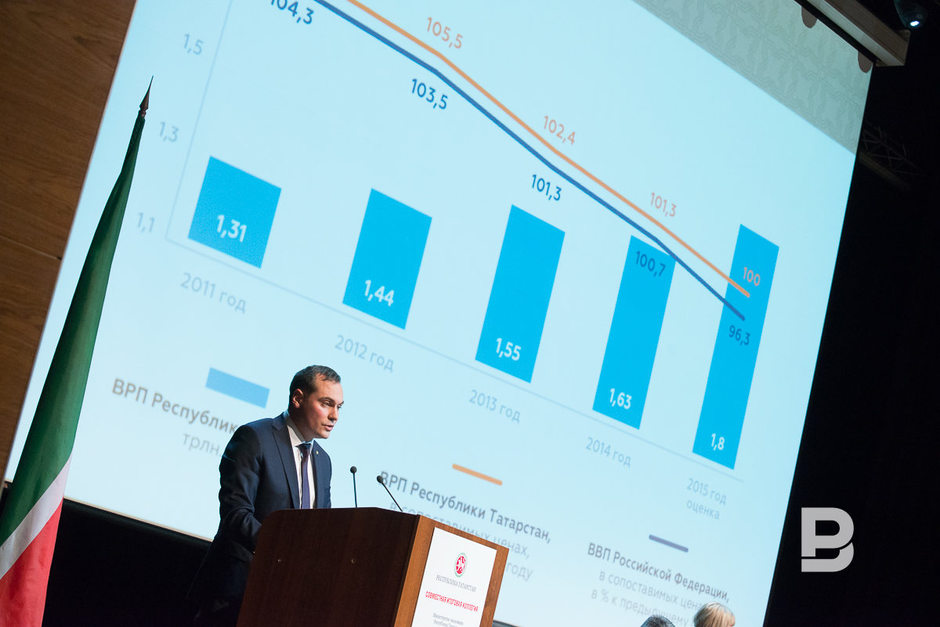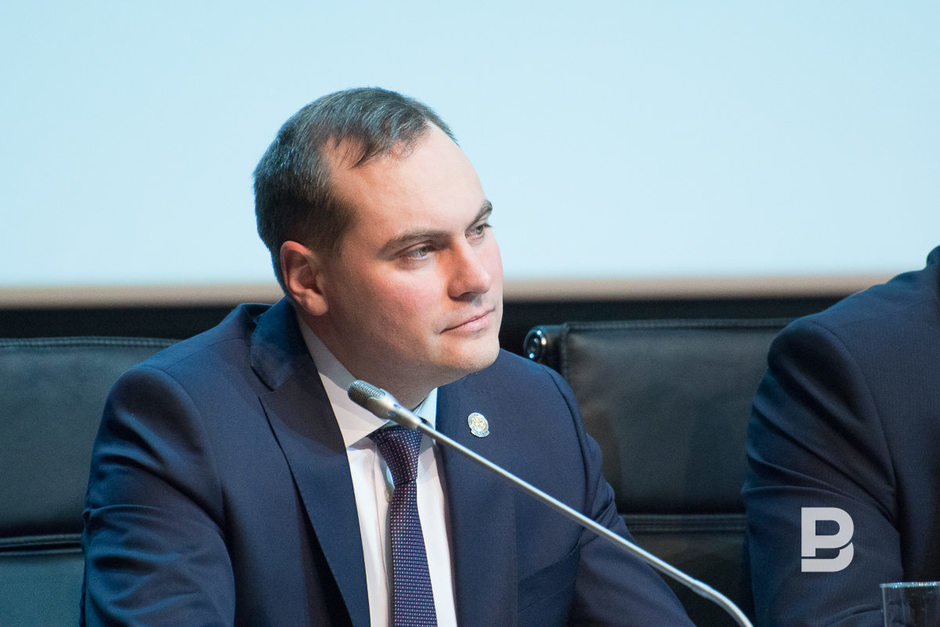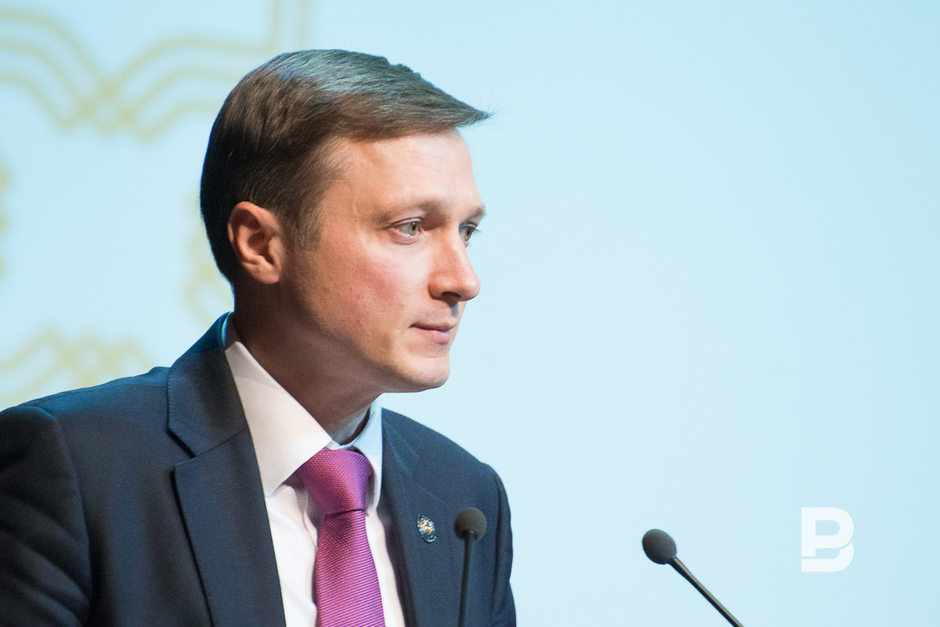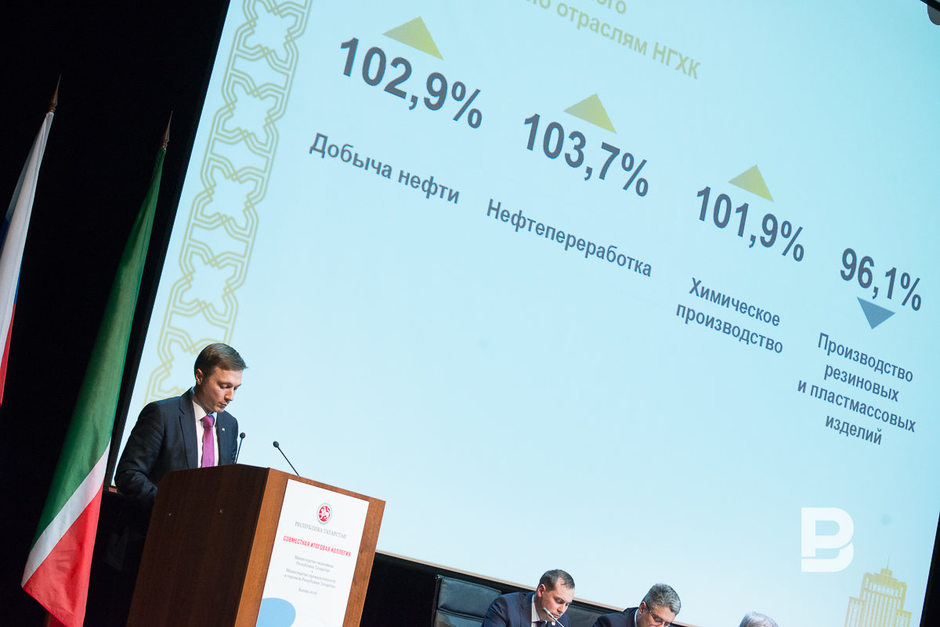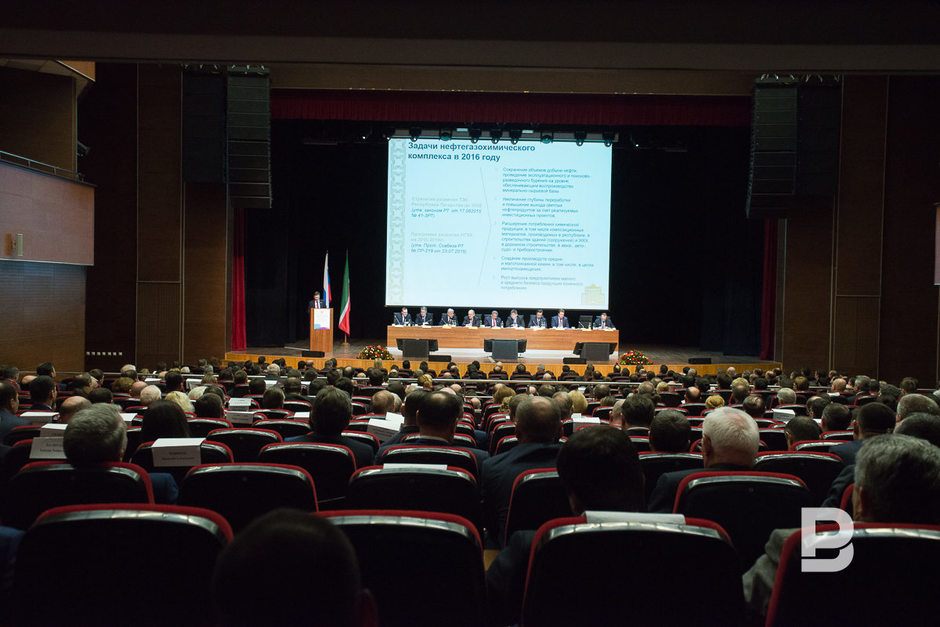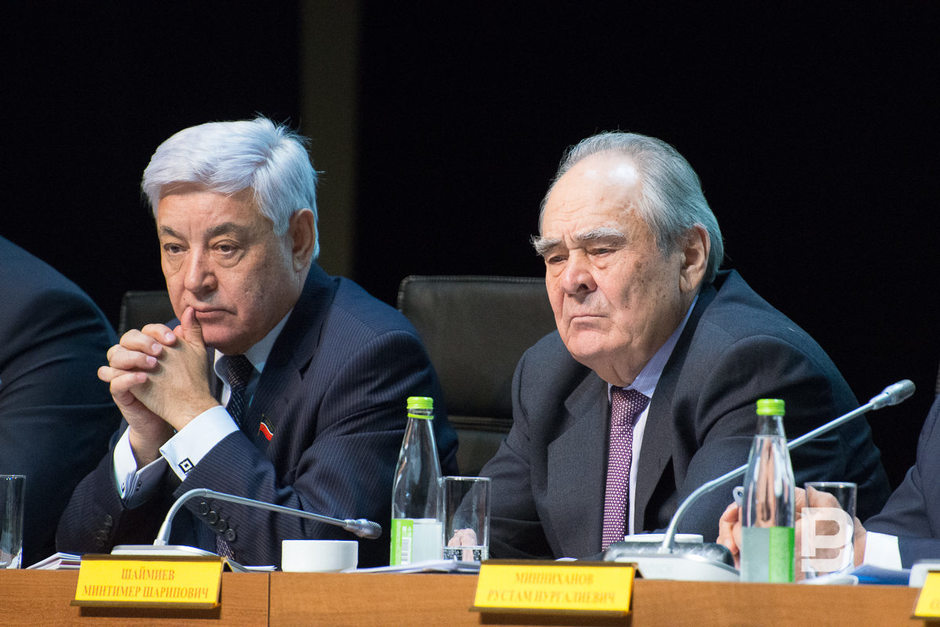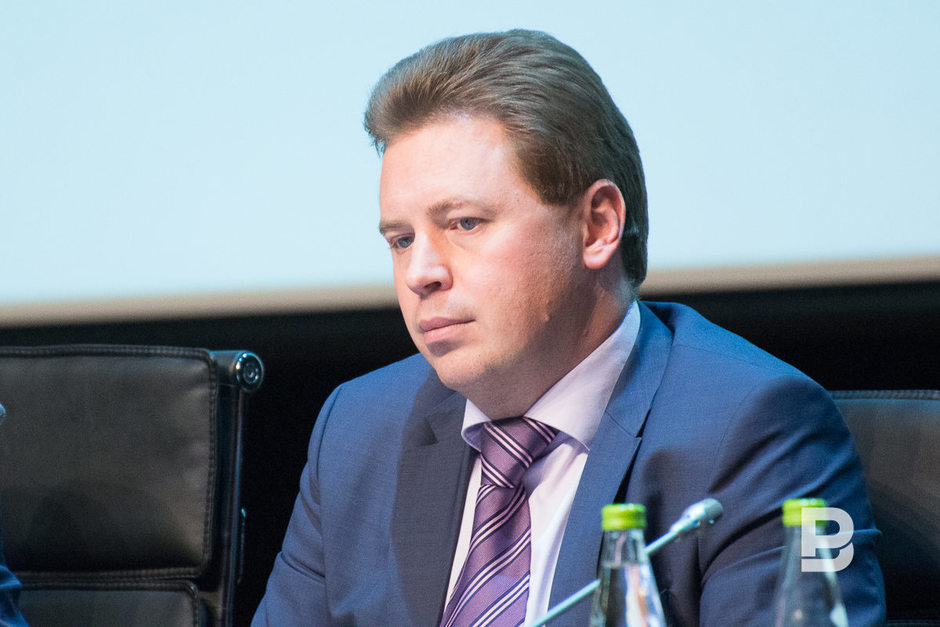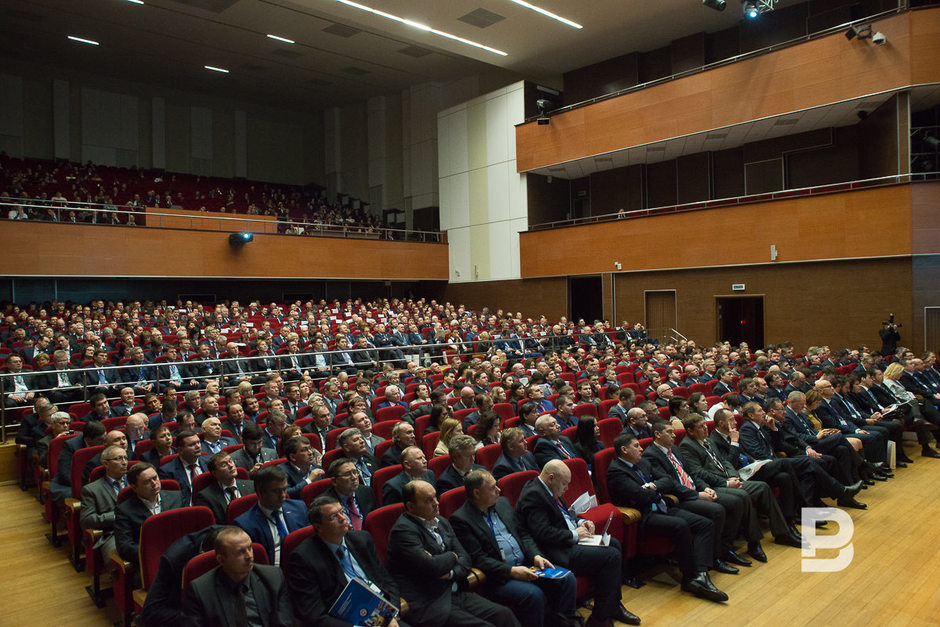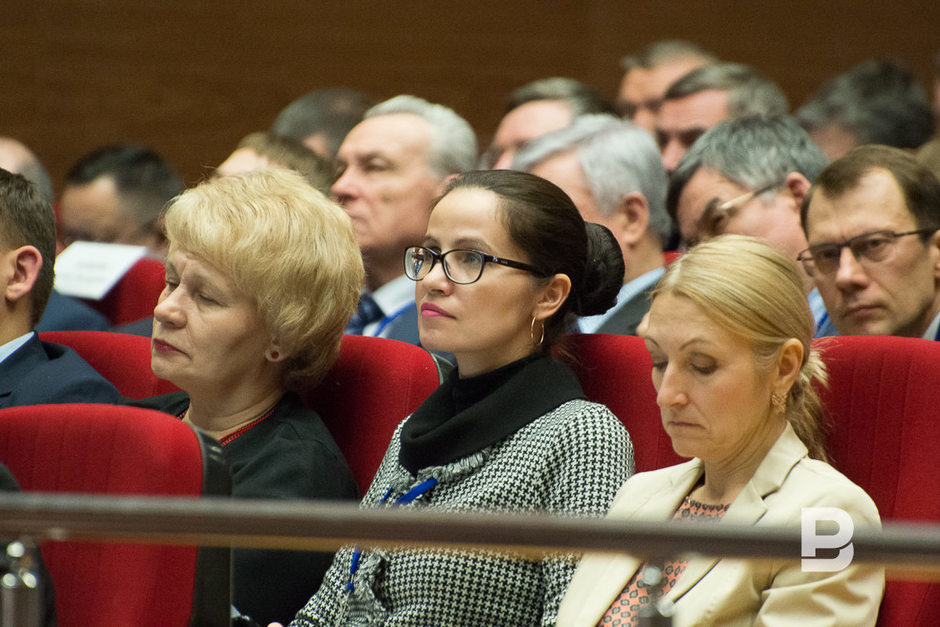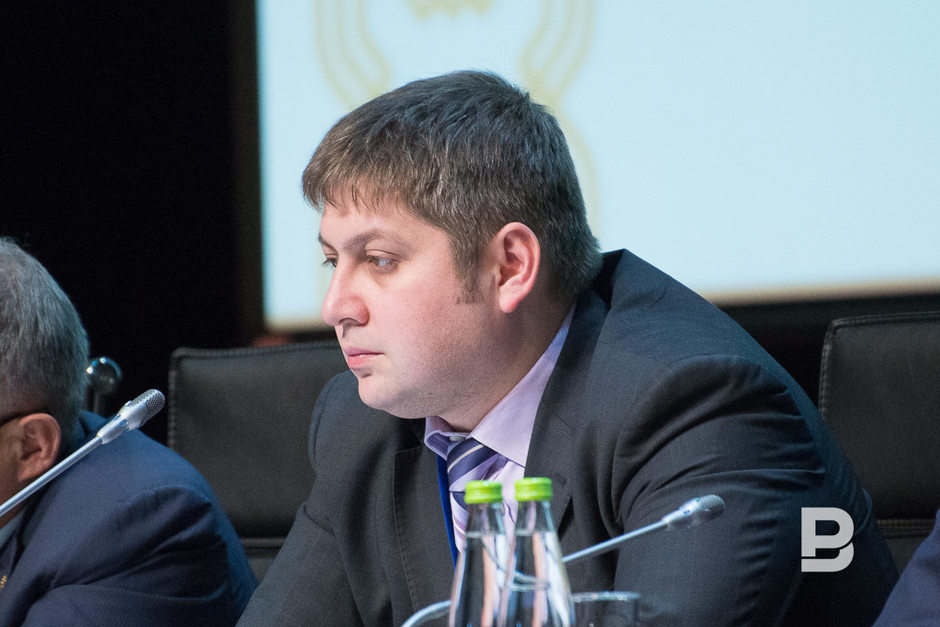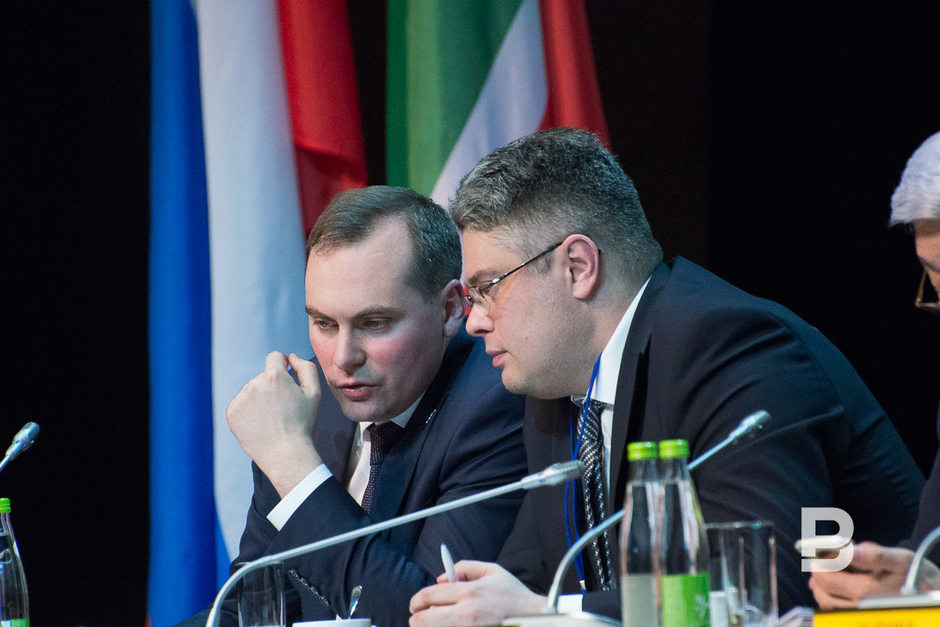‘When we start a pilot project, it is clear that Tatarstan is the first one which we will finance’
As antirecessionary support, the manufacturers are promised to be inspected less, not to cut subsidies and to find Islamic finance.
The year for the economy and industry of Tatarstan has turned out, despite the crisis, to be positive: in many respects the Republic managed not to show negative dynamics, and the federal centre has clearly stated its intention to support Republican initiatives and even to reduce the administrative burden for enterprises in the conditions of crisis. Besides, in 2016, the Republic is planning to combat the crisis by supporting export industries, creating industrial infrastructure and launching the Islamic banking.
22% of the backbone enterprises of Tatarstan are in the high-risk zone
According to the Ministry of Economy of RT, the gross regional product of the Republic of Tatarstan in 2015 preserved in comparable prices at the level of 2014 – 100% (while in Russia – only 96.3%) and amounted to over 1.8 trillion rubles. This data was presented at the joint board for 2015results of the Ministry of Economy and the Ministry of Industry and Trade of Tatarstan in Kazan.
The Ministry of Economy gave comparative data on the structure of GRP in 2010 and 2015. So, mineral extraction has still the lion's share, for 5 years it has decreased slightly from 21.2% to 20.6%. The share of manufacturing, on the contrary, has increased, but only slightly, from 17% to 18.7%, and that is in the course of Tatarstan industry to maximize recycling of the extracted oil products on the territory of the Republic. However, if you look not at the GRP structure, but the structure of industry of RT (excluding trade, services, agriculture, etc.), the share of production of petroleum products rose by 8% to 37.6% over 5 years. Returning to the GRP structure, the share of production and distribution of energy has increased by 2% to 7.2%, a little less — agriculture (at 15.2% of GRP), but the share of transport and communication, despite the development of infrastructure and IT, on the contrary, fell to 7.7%, although the decline was less than one percent.
As a natural result, mineral extraction, oil refining and chemical production have the most part of the profits of enterprises in Tatarstan, for 5 years it has grown threefold. 'In other industries the amount of profit and investments is far behind, which means that the probability of losses and bankruptcies increases significantly. In Tatarstan, in the high-risk zone there are 22% of the backbone enterprises,' said the Minister of Economy of RT Artem Zdunov. The Economic Council under the President of Tajikistan has decided to strengthen the work of the balance commissions, auditors, the economic security of enterprises to solve that problem, he says.
Special pride of Tatarstan, as repeatedly President of Tatarstan Rustam Minnikhanov emphasized, is a positive dynamics of industrial production: in contrast to the nationwide drop to 96.6%, in Tatarstan the result is 100.4%. Investments in fixed capital have not decreased: as in the previous year, they amounted to 617.8 billion rubles, and in the whole country the reduction was 8.4%. The growth of investments in fixed capital by 1% leads to GRP growth by 0.3%, said Zdunov.
The amount of construction works in 2015 was at 285.2 billion rubles, that is 100.1% in comparable prices to the level of 2014: as a tradition, there were more than 2.4 million square metres of housing, including the social mortgage program – 323 000 square metres.
Tatarstan citizens earn less and spend less: bank deposits have increased by 30% for the year
Agriculture has also increased: 104.7% in comparable prices to the level of 2014, goods were produced at 213.7 billion rubles, food production increased by 3.6%. But the turnover of retail trade in 2015 fell even stronger than in Russia as a whole. The decline was 12.8% (776.2 billion rubles) against nationwide 10%. Apparently, the Tatarstan citizens were more thrifty than the rest of the Russians: it is indicated by the 30% growth of population's deposits in banks (nearly 257 billion rubles). Although, the people of the Republic earn less now, real income has declined by 6.8%, to 26 800 rubles.
An important factor for attracting investments is the system of tax preferences: in 2015, 35 investment projects were implemented with state support, which attracted more than 30 billion rubles of investments, 1.4 billion rubles were state revenues, while tax breaks were given at 800 million rubles. On the whole, last year federal government supported Tatarstan enterprises at more than 18 billion rubles, 48 companies got it. 'Despite discussed budget cuts, we expect that all support indicators will be saved,' expects the Minister of Industry and Trade of RT Albert Karimov. However, from 2016, in order to get the support it is needed to produce products that are in the plan of import substitution.
Will an 'antirecessionary' Islamic Bank appear in Tatarstan?
Another antirecessionary point, according to the Ministry of Economy, is the search for new sources for loans and investments. 'The limit of external borrowings forces to search for new sources of foreign funding, including from the Middle East and other Muslim countries, as well as by creating conditions for business operation in accordance with the religious principles of potential investors. In order to coordinate this work, at the Bank of Russia the working group on introduction in Russia of Islamic banking, or should I say, partner bank, was established,' reminded Zdunov. According to him, the representatives from Tatarstan are in the working group. Annual growth of assets in this area is 15-20%. It is the most dynamically developing banking sector today, stressed the Minister. According to the roadmap technology of introduction of Islamic banking, Tatarstan is defined as a pilot region. 'The next meeting of the working group and, respectively, the start of the project will be held in Kazan in March of this year,' said the reporter.
Besides, in the conditions of crisis and rise in exchange rate, it is needed to focus on exports and to support export-oriented enterprises, according to the government. 'Yes, of course, we buy metal at stock and expensive prices, but we should consider that our competitors from other countries also do that. Our labour and electricity are cheaper, which puts us in an advantageous position in exports,' thinks Karimov. According to him, in order to develop export, we need to provide exporters with state guarantees, to issue soft loans to foreign buyers, to finance export organizations (VEB and Eximbank of Russia), as well as to insure export credits. However, according to Zdunov, export-oriented enterprises often do not have sufficient infrastructure. 'Any lag or limitation in the provision of infrastructure may impact negatively on the implementation of projects. For example, today road and railway infrastructure in Kama cluster has problems in cargo carrying capacity, at the same time, by 2020 freight traffic will have been increased significantly,' he reminded. We will note that to resolve that problem Tatarstan is realizing the project Innokam.
The industrialists cannot get federal funds on the state defence procurement
The Ministry of Industry and Trade supposes that the growth in the share of state procurement in the defence sector is another reserve for the development of Tatarstan industry. As Karimov reported, last year the state defence procurement increased by 14%. 'We need to make amendments 275-FZ on the state defense procurement in the part of banking support adopted, which has created serious problems for the defence industries,' he offered. Director General of JSC Kazan plant Electropribor Pavel Shatskikh agrees with him: according to him, the law is raw, requires additional regulations and has already 'set the teeth on edge' to Tatarstan manufacturers. 'Financial-economic services are overloaded with a paper work, they are working in an emergency mode. For example, our company in accordance with this treaty opened more than 200 special accounts, and funds were allocated only on two accounts. Without funding we cannot start to implement the state defence procurement and cannot attract loans as well, because then we will not be able to repay them out of funds received from special accounts. This is one of the main shortcomings of the 275 federal law,' he explained the words of the Minister.
Taking advantage of the presence of federal officials, Shatskikh made other requests on behalf of the Association of industrial enterprises in Tatarstan and directors community. For example, binding to the foreign exchange quotations of the prices for domestic raw materials used for processing of Russian industrial production. According to him, this mechanism has already been implemented in state defence procurement. 'The elements of this mechanism may be applied to the producers of raw materials, especially for monopolists. Surely, prices should provide an acceptable level of profitability, but not surplus profits,' he said.
The Ministry of Economic Development will introduce the risk-based approach to inspections of businesses
Federal law on industrial policy also has shortcomings: procedures are too bureaucratic, supposes the head of the enterprise. 'The law should be a mechanism for the implementation of the programme to stimulate domestic demand, which get rid of dependence on natural resources. Unfortunately, we do not develop such programmes,' said Shatskikh. Besides, in order to attract personnel he asked to create housing quotas, that are allocated by the payers to State Housing Fund of RT.
'Past crises have shown that if you're drowning, you're on your own, and if the state fails to help each company, there is the opportunity at least to reduce the administrative burden,' said Shatskikh. According to him, this burden has not decreased despite the stated reduction of inspections: enterprises are required more than 80 different forms of reporting, and the penalties for non-submission of statistical information has grown accordingly. State Secretary, Deputy Minister of Economic Development of Russia Oleg Fomichev agreed that the pressure from inspection bodies is high. 'It's said more affectionately, because what we hear from informal conversations is much more hard. This year we are waiting for proposals from the Republic as well and we want to reform the entire regulatory activity, to make it more risk-based. I hope this will help to solve the issues that were stated here,' promised the Deputy Prime Minister.
The Ministry expressed readiness to support Tatarstan in other industries too: to learn from an experience of creating Strategy-2030, as well as to contribute to the development of the project Innokam, since all that is invested by the federal centre to the Republic, always brings the highest return. 'Of all the possible directions of funds that you can invest in the regions, as a rule, much of funds one way or another is allocated to Tatarstan. At federal level, there is a saying, when we start the next project with pilot funding, the first sentence is usually said: it is clear that the first one which we will fund is Tatarstan, who else?' he joked.
Judging by the President of Tatarstan Rustam Minnikhanov's speech, despite the fall in oil prices, the Republic continues to rely on oil industry. Tatneft and small oil companies should ensure the oil production and to work very seriously on the resource base: bitumen oil, shale oil. At the same time, by the end of the year, we need to complete the construction of the new TANECO complex, that will increase oil refining by 6 million tonnes,' said the President. He called the companies Tatneft and TAIF-NK to provide capacities for processing of heavy residues before the end of the year. 'There should not be black oil,' said Minnikhanov. 'Whatever we said, now we have infrastructure for export development, and we must use it,' summed up the head of the Republic.
